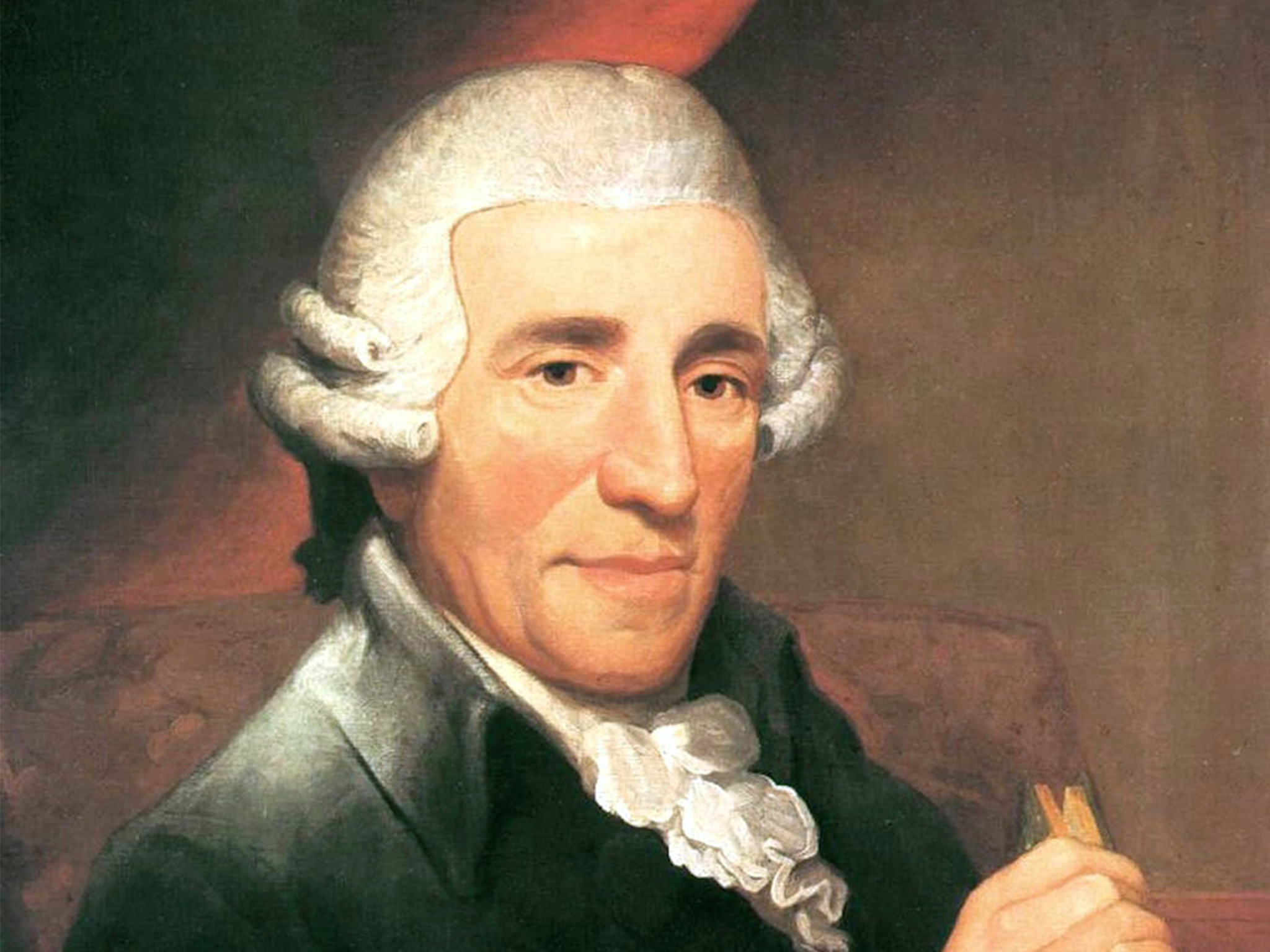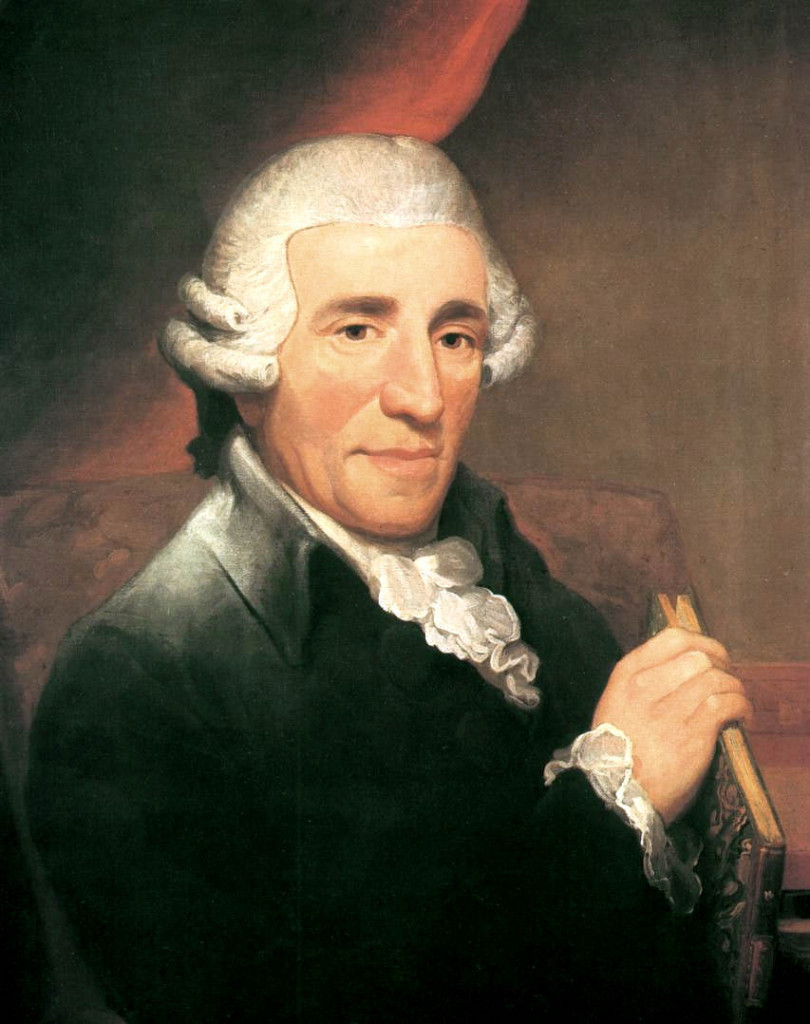Introduction:
Joseph Haydn, often referred to as the “Father of the Symphony” and the “Father of the String Quartet,” stands as one of the most influential composers of the classical era. His innovative compositions, impeccable craftsmanship, and profound musical vision transformed the landscape of Western classical music. From his humble beginnings in rural Austria to his illustrious career as the court composer for the wealthy Esterházy family, Haydn’s life journey is a testament to his enduring legacy in the annals of music history.
Early Life:
Franz Joseph Haydn was born on March 31, 1732, in the small village of Rohrau, located in present-day Austria. He was the second of twelve children born to Mathias Haydn, a wheelwright and a folk musician, and Anna Maria Haydn. From an early age, Haydn displayed a remarkable musical talent, learning to play the harpsichord, violin, and other instruments. His musical abilities caught the attention of Johann Matthias Franck, the choirmaster at St. Stephen’s Cathedral in Vienna, who offered him the opportunity to receive formal musical training.
Musical Education and Early Career:
At the age of eight, Haydn joined the choir at St. Stephen’s Cathedral, where he received instruction in singing, violin, and keyboard. Under Franck’s guidance, he honed his skills as a composer and performer. In his late teens, Haydn struggled to make ends meet as a freelance musician in Vienna, taking odd jobs and teaching music to support himself. Despite these challenges, he continued to develop his musical style and experimented with different forms and genres.
Breakthrough:
In 1761, Haydn’s fortunes changed when he was appointed as the Vice-Kapellmeister (assistant music director) to the Esterházy family, one of the wealthiest and most influential noble families in Hungary. Haydn’s duties included composing music for the family’s private chapel and organizing musical events and performances. This position provided him with the stability and resources to focus on his compositions, and he flourished creatively during his time at the Esterházy court.
Musical Legacy:
Haydn’s contributions to classical music are manifold. He is credited with pioneering the development of the symphony and the string quartet, two of the most important genres in classical instrumental music. His symphonies, characterized by their structural innovation, expressive depth, and melodic beauty, laid the foundation for the symphonic tradition that would flourish in the works of Mozart, Beethoven, and beyond. Likewise, his string quartets, including the groundbreaking “Op. 33” set, revolutionized the chamber music repertoire, showcasing his mastery of form, texture, and harmonic language.
Key Works:
Among Haydn’s most famous compositions are his “London” symphonies, written during his two trips to England in the 1790s. These symphonies, including the monumental Symphony No. 94 in G major, “The Surprise,” and Symphony No. 104 in D major, “London,” exemplify his mature style and orchestral prowess. Additionally, his string quartets, such as the “Emperor” Quartet and the “Sun” Quartets, remain staples of the chamber music repertoire.
Later Years and Legacy:
Haydn remained in the service of the Esterházy family until 1790 when he was granted permission to leave and travel to England, where he enjoyed immense success as a composer and performer. He returned to Vienna in 1795 and spent his final years composing some of his most celebrated works, including the oratorios “The Creation” and “The Seasons.” Haydn passed away on May 31, 1809, leaving behind a vast and enduring musical legacy that continues to inspire generations of musicians and listeners alike.
Conclusion:
Joseph Haydn’s life and career embody the spirit of artistic innovation and creative exploration. Through his pioneering compositions and tireless dedication to his craft, he transformed the landscape of classical music and left an indelible mark on the history of Western art music. As the “Father of the Symphony” and the “Father of the String Quartet,” his legacy endures as a testament to the power of music to transcend time and space, touching the hearts and minds of audiences for centuries to come.


Comments are closed